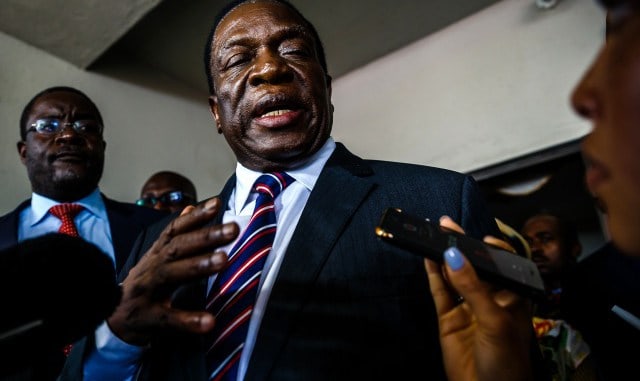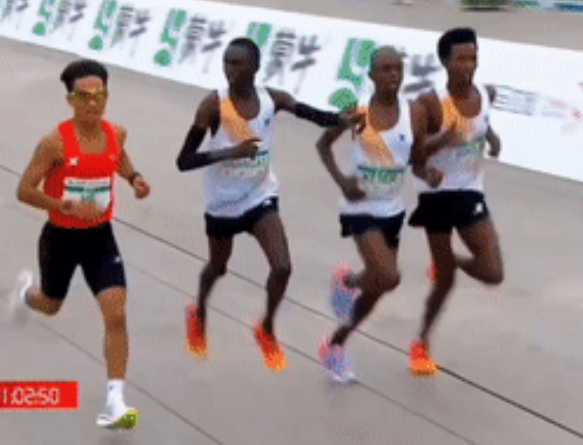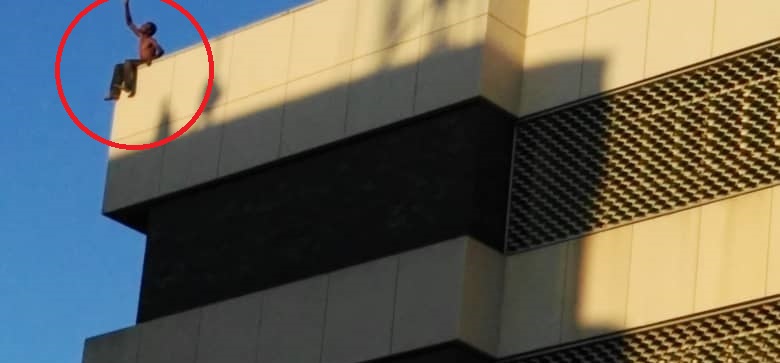-Veritas Zimbabwe
“Having survived the death penalty myself, I know the tribulations faced by those on death row… The moment the sentence is pronounced that you are going to die by hanging, the whole world collapses on you.
“The death penalty is, in fact, a flagrant violation of the right to life and dignity.”—President Emmerson Mnangagwa.
This year marks the 20th anniversary of World Day Against the Death Penalty. The Day was first commemorated in 2003 by the World Coalition against the Death Penalty. To date:
· 110 countries have abolished the death penalty, with the Central Africa Republic, Papua New Guinea and Equatorial Guinea being the latest additions to the list
· seven more countries have abolished the death penalty for ordinary crimes,
· 25 countries do not carry out executions and have not done so for the past 10 years (Zimbabwe is one of these countries)
· Only 53 countries keep the death penalty in law and in practice.
· Of the 16 member States of SADC, seven have abolished the death penalty completely and only one continues to carry out executions.
Worldwide the trend is moving strongly towards abolishing the death penalty, in recognition of the fact that it is cruel, inhuman and amounts to torture.
The Relationship Between The Death Penalty and Torture
This year World Day Against the Death Penalty is dedicated to reflecting on the relationship between the use of the death penalty and torture and other cruel, inhuman and degrading treatment or punishment.
When we look at the living conditions of prison inmates awaiting execution, the link between the death penalty and torture is particularly obvious.
Prisoners who are to be hanged are kept on “death row” as they await their final day. They are kept in solitary confinement and have little or no contact with other prisoners.
They have little opportunity for exercise or even for reading. Their diet is poor. They are not told the date when they are due to be hanged so they live in perpetual anxiety until the fateful day arrives. Their relatives do not know if they are alive as no updates are given.
Internationally, torture is defined as inflicting severe pain or suffering on someone. Death row inmates undergo physical, emotional and mental torture whilst awaiting death row and ultimately when finally they are hanged.
Moratorium on Executions
In Zimbabwe however, no one has been hanged since 2005.
There is an unofficial moratorium on executions and periodically prisoners who have been sentenced to death have their sentences commuted to life imprisonment by the President. Hence:
· On the one hand, it cannot be said that the death sentence deters crime in Zimbabwe because it has not been carried out for 17 years.
· On the other hand, it demonstrates that abolishing the death penalty will not lead to a significant increase in serious crime, because the death penalty has not been carried out and crimes which carry the death penalty have not significantly increased.
Public Opinion on the Death Penalty
Zimbabweans are not strongly in favour of the death penalty, and opinion leaders are overwhelmingly against it.
The President has on many occasions expressed his strong opposition to the death penalty.
Opinion leaders: In a survey of the views of opinion leaders commissioned in 2020 by the Death Penalty Project in partnership with Veritas, 90 per cent of people interviewed, including religious leaders were in favour of the abolition of the death penalty.
Traditional leaders have called on the government to abolish the death penalty, saying “it is not cultural but a relic of the colonial era”.
The general public: In another survey conducted by MPOI in 2017 for the Death Penalty Project and Veritas, it was found that while 56 per cent of people interviewed favoured keeping the death penalty, they were not strongly in favour and 80 per cent of them said they would accept abolition if the Government decided to abolish it.
The Death Penalty in Zimbabwean Law
Section 48 of the Zimbabwean Constitution states that a law “may” provide for the death penalty to be imposed on persons who have committed murder in aggravating circumstances.
The section does not make it mandatory for a law to provide for the death penalty: it is up to Parliament to decide whether or not we should have the penalty on our statute books.
Further, section 53 of the Constitution states that no one should be tortured or subject to cruel, inhuman or degrading treatment, and section 51 ensures that everyone has the right to dignity. Sentencing people to death by hanging and imprisoning like brutes until they are hanged infringes both these rights.
Petition to Parliament
Today, to mark World Day Against the Death Penalty, Veritas has presented a petition requesting Parliament to pass a resolution:
· Calling for the death penalty to be abolished in Zimbabwe without delay,
· Calling on the Minister of Justice, Legal and Parliamentary Affairs to present a Bill in the National Assembly providing for the abolition of the death penalty, and
· Stating that if the Hon Minister does not introduce such a Bill within six months, any private Member may do so.
Veritas respectfully urges all Members of Parliament who care for human rights to add their voices and their votes in support of this petition.














